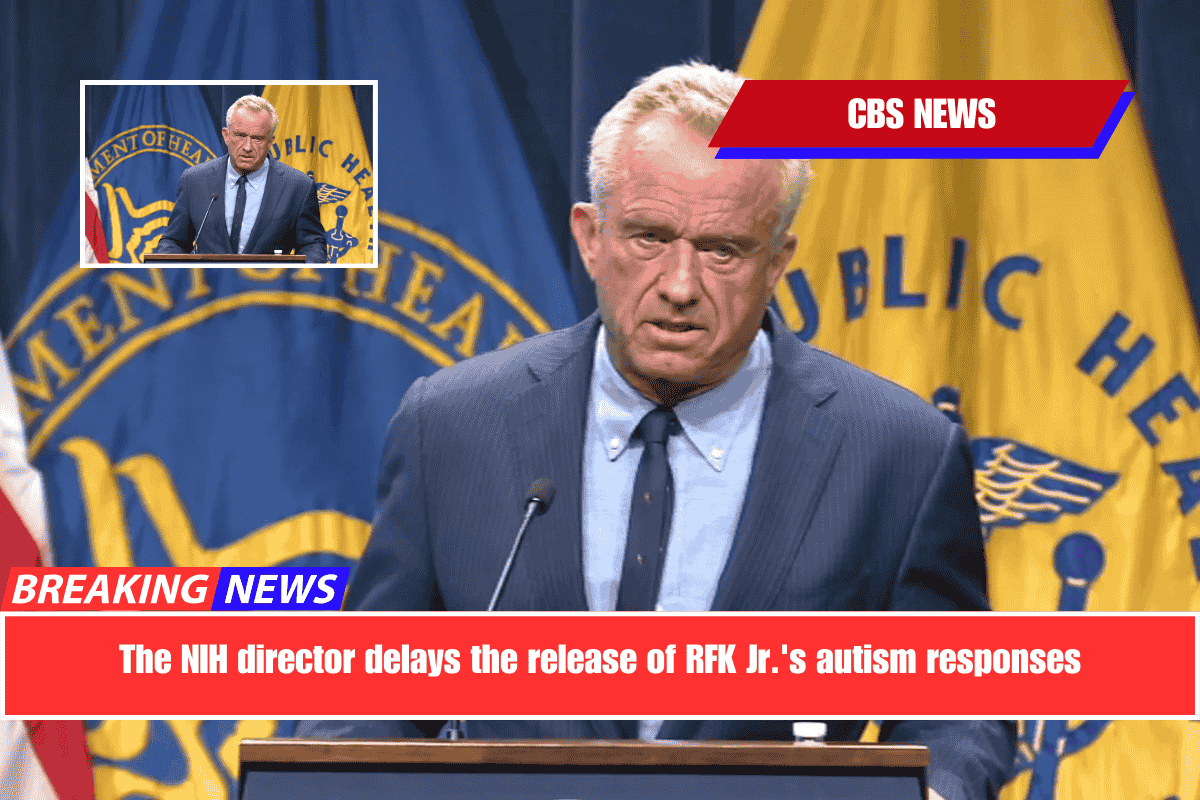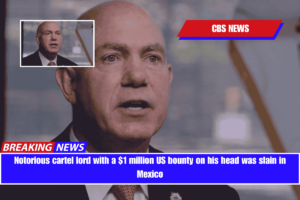The head of the National Institutes of Health now says preliminary results from new autism studies could take until next year, marking the latest delay in findings promised by Health and Human Services Secretary Robert F. Kennedy Jr. in September.
“We hope to have grants out the door by the end of the summer,” NIH Director Dr. Jay Bhattacharya told reporters on Tuesday. “People will get to work. We will hold a major conference with updates within the next year.”
Bhattacharya said it should still be considered “a very rapid study by NIH’s normal standards,” and that the institute was working to “cut the red tape without cutting the rigour” when launching new research grants.
“It is difficult to predict when science will make an advance. It depends on, you know, nature having its say,” Bhattacharya explained.
Kennedy promised earlier this month that “by September, we will know what has caused the autism epidemic, and we’ll be able to eliminate those exposures.”
In a statement released by his department on April 15, Kennedy stated, “We expect to begin to have answers by September.”
“I’d like to have a timeline within a year for when they start releasing preliminary results or results. We will see. It’s difficult to predict how long scientists will take; nature has a say in how long the results take,” Bhattacharya said.
He said he didn’t believe there was a miscommunication behind Kennedy’s September promise, and that Kennedy was simply “enthusiastic to get the scientific process going.”
“He’s accurately communicating that we want to get moving on this as rapidly as we can,” Mr. Bhattacharya said.
Researchers who receive the awards will be chosen through the NIH’s “normal process” of reviewing proposals from outside scientists, he said. Every NIH institute will be involved in the autism research project.
Bhattacharya said they were still deciding how much money to devote to the autism research effort, which he previously stated would likely award between 10 and 20 groups. The amount is “on the order of tens of millions of dollars,” he stated.
He also attempted to address privacy concerns about the medical records that the NIH is collecting for the autism research project, which he stated were “at the forefront of my mind.”
“The identifiers will be hidden from the researchers themselves. There will be systems in place that prevent them from retrieving data and viewing individual patients. “They’ll look at statistical aggregates,” he explained.
When asked if Kennedy would have a say in who gets access to the records and grant funding, he said the agency’s peer reviewers would make the decision.
“I’ve never seen Secretary Kennedy put his thumb on the scale in that way. And I don’t intend to do so,” Bhattacharya said.
Advocacy groups have criticised Kennedy’s new push to study autism’s causes, with the nonprofit Autistic Self Advocacy Network pointing to “decades of time and billions of dollars that have already been spent on research to identify the causes of autism,” rather than what it says should be funding for autism support.


















Leave a Reply